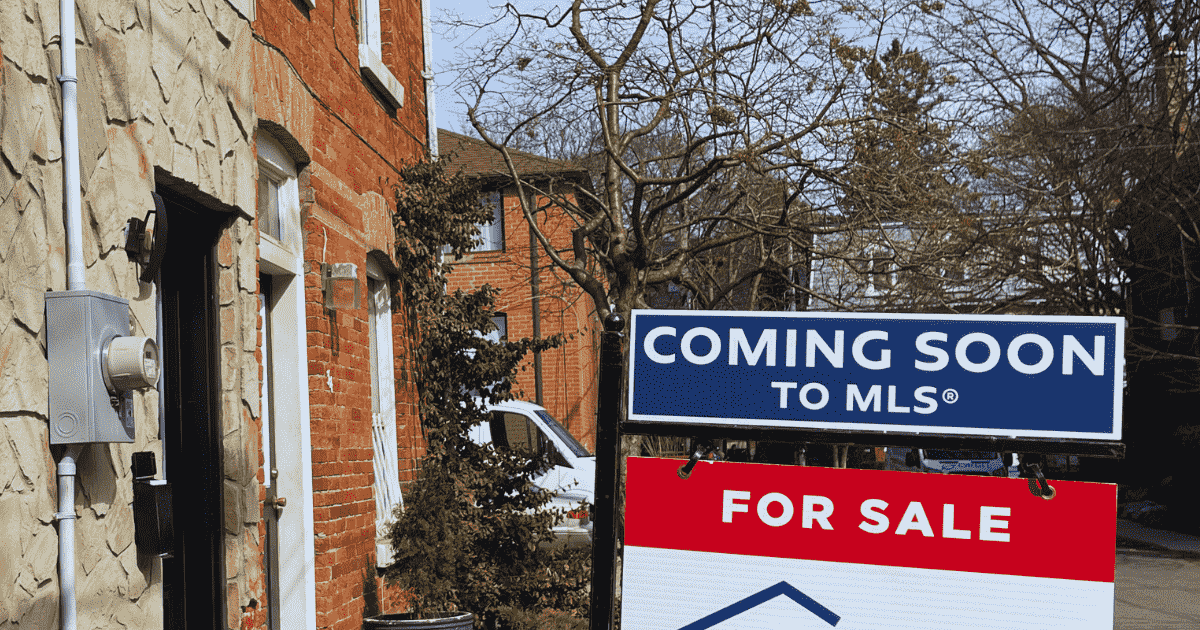The government of Ukraine, a country of 45 million people in Eastern Europe, plans to adopt Western standards to organize the real estate brokerage industry over the next several years, according to recent statements by some leading Ukrainian real estate brokers and senior state officials.
A recent financial crisis in Ukraine resulted in a significant plunge in the national real estate market and with it declining demand for real estate brokerage services. The number of real estate brokers in Ukraine declined sharply during the last 10 years, according to statistics published by the Ukrainian Presidential Administration. The quality of services has also deteriorated.
According to the State Statistics Committee of Ukraine, currently there are 9,000 to 10,000 brokers working in the market. Many are based in the Ukrainian capital, Kiev. Zakhar Fedorak, chief editor of Capital Real Estate, one of Ukraine’s leading real estate and property publications, says the leading market players are Blagovest, Park Lane, Expandia and Colliers International, most of which are based in Kiev.
Anatoly Topal, chairman of the Expert Inter-Branch Organization of Ukraine (a public association that includes real estate brokerages), says the share of real estate brokers who provide high-quality services in the Ukrainian real estate market represents just 20 to 25 per cent of the country’s transactions. Most of them use some Western standards in their activities.
Mikhail Artyukhov, managing director of ARPA real estate, says lack of transparency currently remains one of the major problems. “Taking into account that a significant (number of the) real estate brokers in Ukraine prefer to work on an illegal basis, not paying any taxes or other mandatory payments, no one can name the exact percentage of transactions involving them. According to our assessments, these figures are varied in the range of five to 60 per cent. This is, however, significantly lower than the figures for 2008, which reached 90 per cent of the total number of real estate transactions signed in the Ukrainian market at that period of time.”
Despite a gradual decline of the number of real estate brokers in Ukraine, the demand for their services remains high. This is due to the ever-growing activities of scammers and consumers’ desire to ensure legal support of their deals as well as guarantees of clean title.
Fedorak says demand for real estate brokers is especially high in the secondary market, where almost 80 per cent of deals are signed with their participation. In the primary housing segment, a significant number of deals is settled by customers directly with developers, via their sales departments.
On average, Ukrainian brokers charge three to five per cent of the transaction value for their services, which is comparable with other European states.
As part of the planned reform, the government is creating an official register of companies that provides brokerage services, and it is launching specialized courses to train future brokers.
In addition, a new set of uniform professional standards regulating the activities of real estate brokers in Ukraine will be designed by the government, with the participation of members of the industry’s community, by the end of this year.
Ukrainian analysts believe that the introduction of uniform rules and the design of a new legislative base for the industry will put an end to the frequent problem of inaccurate and fake information being posted on behalf of real estate brokers in Ukraine.
The government says that currently up to 60 per cent of ads posted in the Ukrainian real estate market are inaccurate, while 30 per cent of them are complete fakes. The situation in the rental market is even more complex.
Alexander Grishko, one of Ukraine’s most well-known independent real estate brokers, says, “The work of real estate brokers could be organized without the design of specific legislative norms and excessive state intervention in the industry. However, in this case much will depend on the ability of local players to agree among themselves. For this purpose, it is necessary to work out the rules and put them into a single code that could be similar to the experience of the U.S. and Canada. The government should only take a licensing role in this case.”
Eugene Vorotnikov is a contributing writer for REM.













